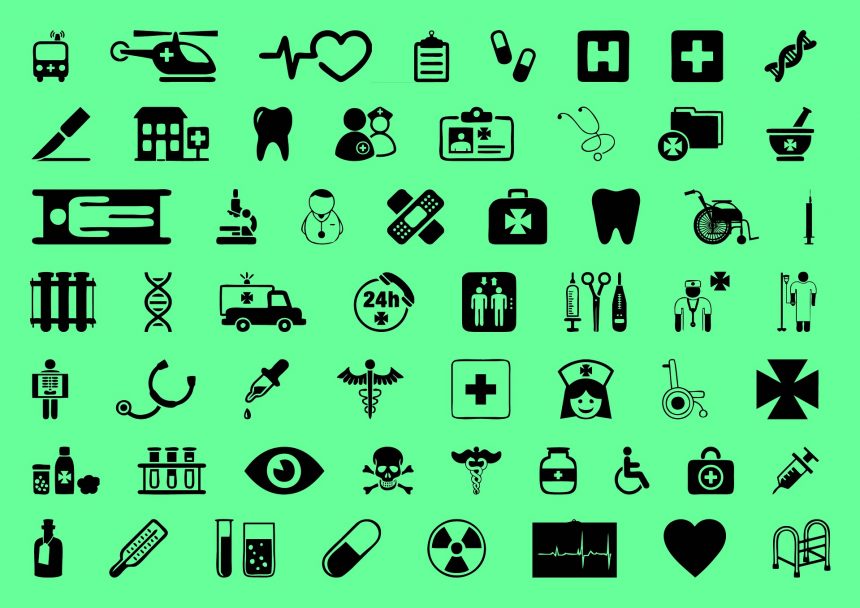As Wisconsin residents navigate the often-confusing world of healthcare, they may encounter the term “pharmaceutical marketing agencies.” But what do these organizations do, and how do they fit into the larger healthcare system?
At its most basic level, a pharmaceutical marketing agency promotes prescription drugs to healthcare professionals and consumers. This can include creating advertising campaigns, organizing educational events and speaker programs, and providing information about the safety and efficacy of a particular drug. The goal is to increase the drug’s sales and market share.
While pharmaceutical marketing can be a controversial topic, with some arguing that it drives up the cost of healthcare, there are also those who see value in these agencies. They can provide important information about new and existing treatments, helping to ensure that healthcare providers and patients have access to the most up-to-date information. This is particularly important in the rapidly-evolving world of healthcare, where new research and technologies are constantly emerging.
However, it’s important to note that there are strict regulations in place to govern the activities of pharmaceutical marketing agencies. The FDA, for instance, has guidelines in place to ensure that drug advertising is truthful, balanced, and not misleading.
Despite these regulations, the controversy surrounding pharmaceutical marketing agencies remains. While they can bring valuable information and resources to the healthcare industry, there are valid concerns about the potential negative impacts on costs and patient care. As Wisconsin residents consider their healthcare options, it’s important to weigh the pros and cons of these agencies and make informed decisions.







